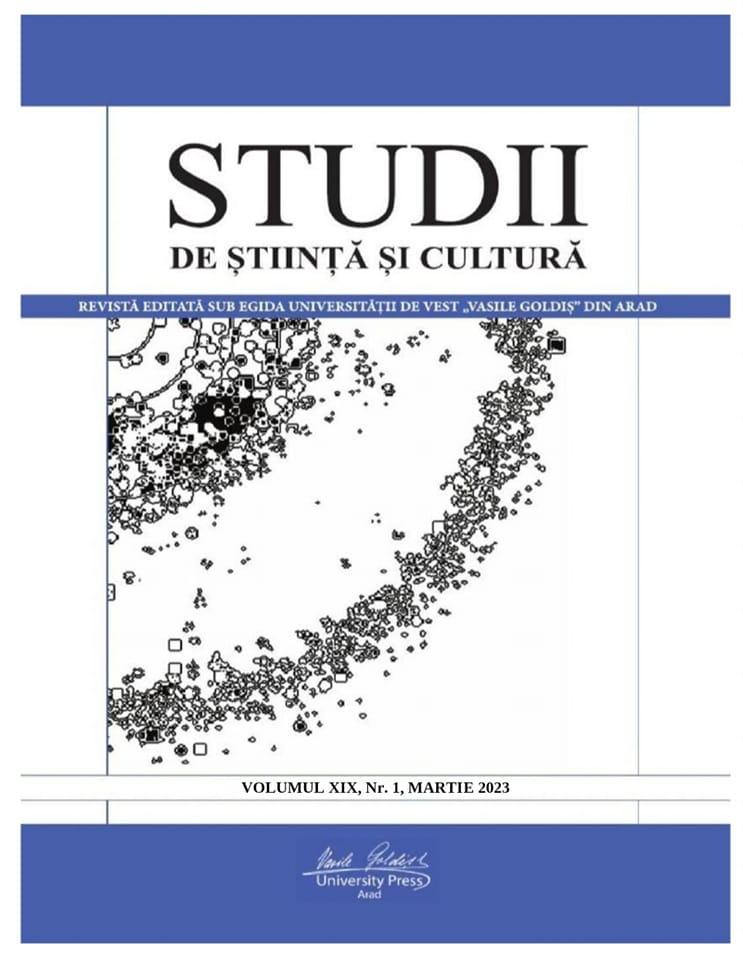INTERTEXTUALITATEA CU MITUL ANTIC ÎN ROMANUL MEDEEA ȘI COPIII EI DE LUDMILA ULIȚKAIA
THE INTERTEXTUALITY WITH THE ANCIENT MYTH IN THE NOVEL MEDEA AND HER CHILDREN BY LUDMILA ULITSKAYA
Author(s): Anca-Mihaela Ciocoiu, Elena BejanSubject(s): Language and Literature Studies, Russian Literature, Philology
Published by: Editura Universităţii Vasile Goldiş
Keywords: intertextuality; allusion; myth; postmodernism; Ulitskaya;
Summary/Abstract: Russian postmodernism maintains a permanent dialogue in absentia with classical literature due to certain elements of intertextuality. The present study is devoted to the analysis of the novel Medea and her children, while following its intertextual affinities with the ancient myth so well known. This article shows that, through the intertext, the author of the novel succeeds in creating the image of a modern Medea at different levels of his narrative. Mythical reminiscences are found in the name, in the description of the physical appearance, character traits and behavior of the heroine of this novel. Through certain allusions, the Russian writer compares Medea Mendes with ancient Medea, while highlighting her magical powers, her mythical thinking, as well as her perception by relatives as being a divine help. However, the model of modern Medea is demythified, since Ludmila Ulitskaya abandons the fabulous in favor of the ordinary. Therefore, the Russian novelist does not summarize the multisecular tradition of ancient mythology, but reinterprets the myth in a polemical way, while creating a modern Medea.
Journal: Studii de Ştiinţă şi Cultură
- Issue Year: XIX/2023
- Issue No: 1
- Page Range: 67-73
- Page Count: 7
- Language: Romanian

